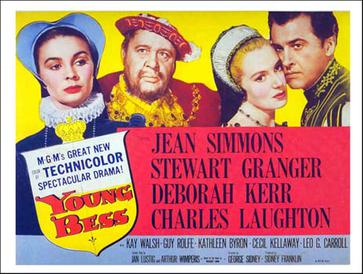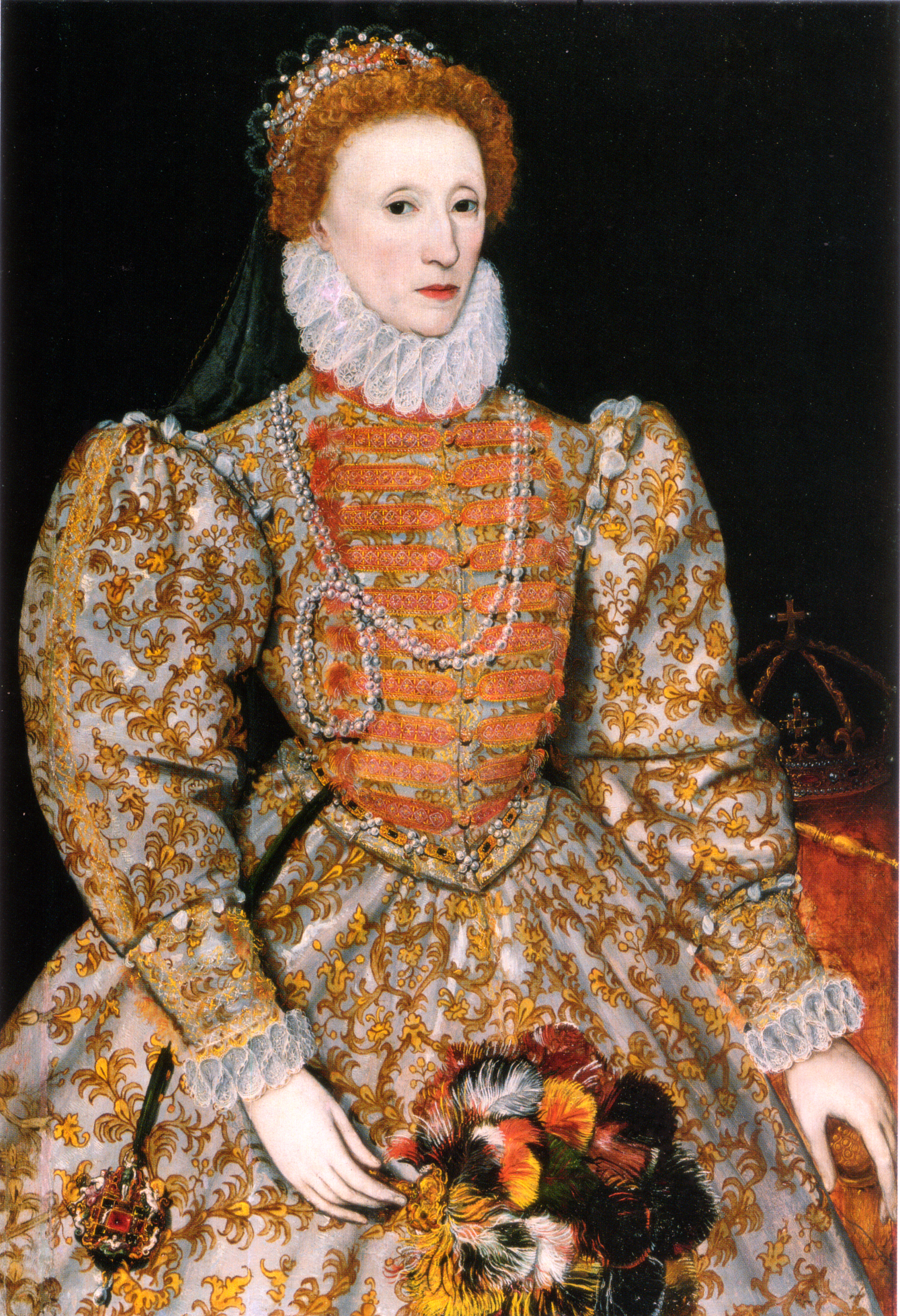HOUSE OF GUCCI
High fashion meets low crime in House of Gucci, a film that is sometimes outrageous, sometimes sad but never dull.
Patrizia Reggiani (Lady Gaga) works for her father's trucking company when she meets Maurizio Gucci (Adam Driver). She is vaguely aware that he is of the Gucci fashion line family, but there is nothing flashy or even stylish about him. Shy and more bookish, Maurizio is studying law, not fashion.
Maurizio's father Rodolfo (Jeremy Irons) sees Patrizia as nothing more than a golddigger, a strange idea given Rodolfo had himself briefly turned away from the fashion house to pursue acting. Over his objections Maurizio and Patrizia marry, and Rodolfo cuts his heir off. Neither of them cares, for Maurizio and Patrizia are deeply in love.
More welcoming is Maurizio's Uncle Aldo (Al Pacino), who sees in Maurizio all the virtues of a son and heir he wishes he had. Aldo's son Paolo (Jared Leto) is a sorry disappointment: boorish, stupid, fat, balding and with grandiose ideas about himself and his own artistic/business prowess. Aldo would love to see the House of Gucci go to Maurizio rather than Paolo, but his nephew has little interest.
Not until Patrizia that is. Over time their family overtures turn into a full-on war between the Maurizio and Paolo sides for control of Gucci. The family begins a cascading series of events involving deceptions, backdoor deals, psychics and extramarital affairs. With Patrizia's marriage and control over the House of Gucci about to come to an end, she enacts a deadly scheme to save herself; however, her plans ultimately lead to seeing all the Guccis lose their fashion house.
I think it is fair to say that sometimes House of Gucci can't decide if it is a serious drama or a comedy. It depends on who is doing the acting. Driver is taking all this seriously, and he does an excellent job with Maurizio. We see the slow evolution from genuinely kind, nice person to a more ruthless figure. Even if his ruthlessness is based on a sense of love for family, he has become what he didn't want to: a company man.
Gaga and Pacino straddle the fence between being serious and being camp. The former leans more into the Driver version, where her genuine love for Maurizio shifts into a determination to rule the House of Gucci. This drive is more pronounced every time she is told she is not a "real Gucci", a major source of irritation. Gaga shows that she is more than capable of playing a version of herself (which is what I think she did in A Star is Born). Her accent at times veers towards camp, and there is again at times an almost frenzied manner to her performance. However, it is still on the whole a sharp one.
Pacino leans more into the camp nature of House of Gucci, but Aldo is a bit more theatrical on the whole so I figure that can be forgiven.
And then there is Jared Leto. Underneath his padding and puddy nose he latches onto the over-the-top Italian accent like a drowning man. Overly theatrical and cartoonish, Leto does not restrain himself from the idea House of Gucci is really House of Paolo. It isn't just his bad Family Guy on crack performance that makes Paolo an idiotic comic character too outlandish to think was a real person. It is the lines he had to deliver.
When Patrizia and Maurizio are conning Paolo to help them against Aldo, Paolo muses "I can finally soar...like a pigeon". It shows Paolo to be an absolute moron, and a quip about how he's worried that once in prison Aldo will be "dropping the soap" is astonishing. The audience loved it, but I thought it was such a bizarre thing for Paolo to focus on.
The comedy vs. drama House of Gucci goes through also comes through Salma Hayek's brief role as Pina, a Miss Cleo-type psychic who advises Patrizia and ends up as Patrizia's contact to hitmen. It may be real, but it comes across as farce.
Director Ridley Scott blended the feel and setting of the late 1970s and early 80s well. The film does feel longer than its two-and-a-half hour running time. I think it would have done better to take things more seriously and push down the more outlandish elements. However, House of Gucci has some good performances and is entertaining, if a bit too flashy.













.png)









.jpg)